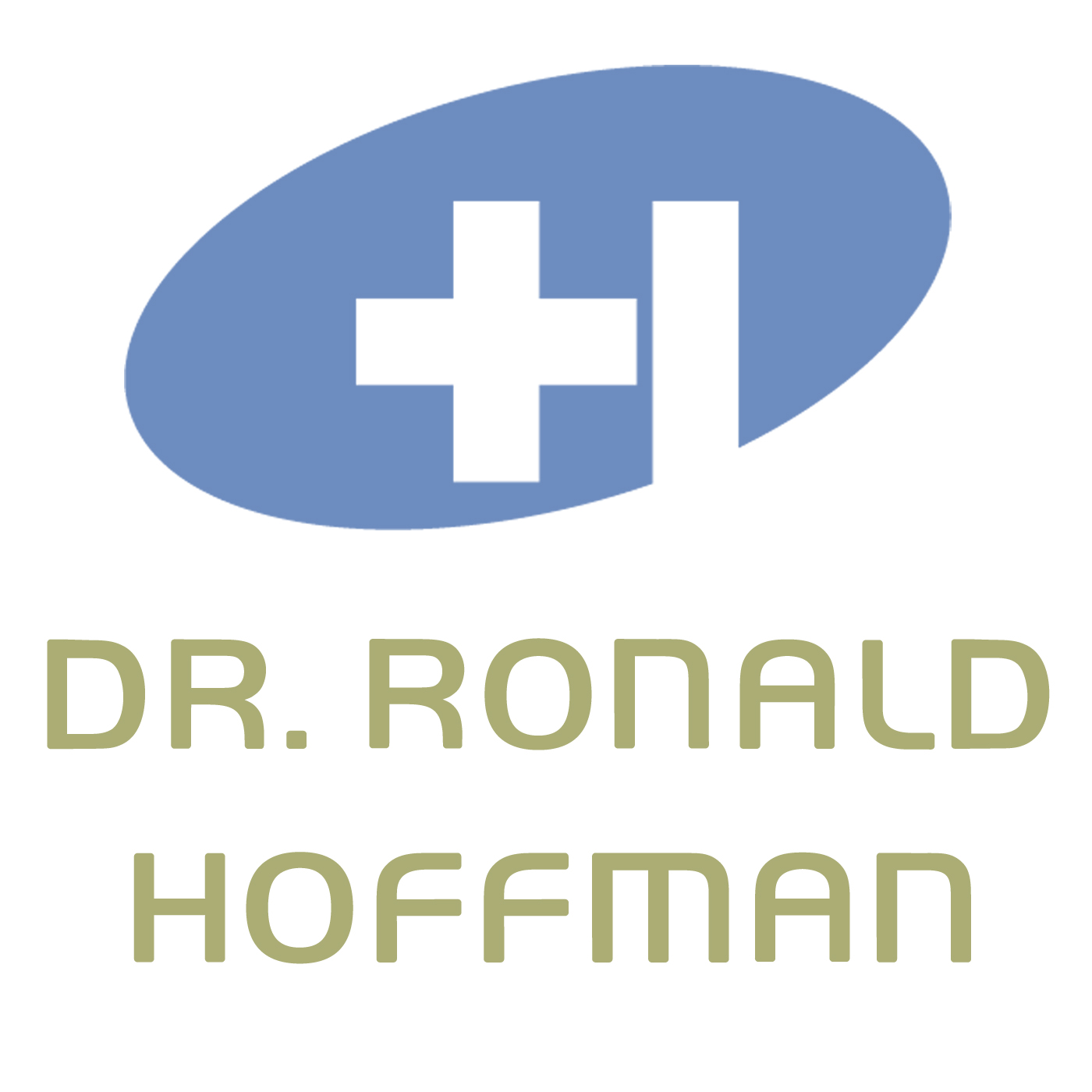
|
ENCORE: Reversal of Cognitive Decline, Part 1
November 19, 2019
Dr. Dale Bredesen is a board-certified neurologist who is author of a landmark paper entitled: “Reversal of cognitive decline: A novel therapeutic program.” He is founding president of the Buck Institute where world-class scientists tackle age-related problems. Dr. Bredesen is spear-heading research of a comprehensive program for reversing symptoms of dementia with lifestyle modification, supplements, diet, bio-identical hormones, and detoxification. A huge problem looms as millions of aging Baby Boomers become candidates for Alzheimer’s: for those without the ApoE4 allele, the risk is 9%; with one of two alleles, it soars to 30%; and with a “double-hit” of ApoE4 the risk becomes 90%. Dr. Bredesen is critical of the current “magic bullet” approach to development of Alzheimer’s drugs. While not discounting their potential, he believes the problem is so multi-faceted that it will require attention to numerous modifiable risk factors. “Normal” levels of B12, homocysteine, vitamin D, insulin, and C-reactive protein may not be optimal for prevention of cognitive decline. Adequate sleep, stress reduction, and exercise are lifestyle approaches that need to be deployed aggressively to counter memory loss. Promising supplements include resveratrol, DHA, Lion’s Mane, Bacopa, Ashwaganda, acetyl-l-carnitine, curcumin, citicholine, and nicotinamide riboside. Attention must be given to hormones, especially testosterone and pregnenolone which can be neuro-protective. Heavy metals like iron, mercury, lead and cadmium are implicated in some cases of cognitive decline. When it comes to diet, some controversy remains, but the ideal food program should target insulin resistance and inflammation. To this end, ketogenic diets, plant-based nutrition, gluten-avoidance and intermittent fasting show promise. Dr. Bredesen has demonstrated that cognitive decline CAN be reversed with a multi-factorial approach; if inaugurated early enough, patients can experience dramatic recovery of functionality. Click HERE for part 2.
 |
Share:
 |










